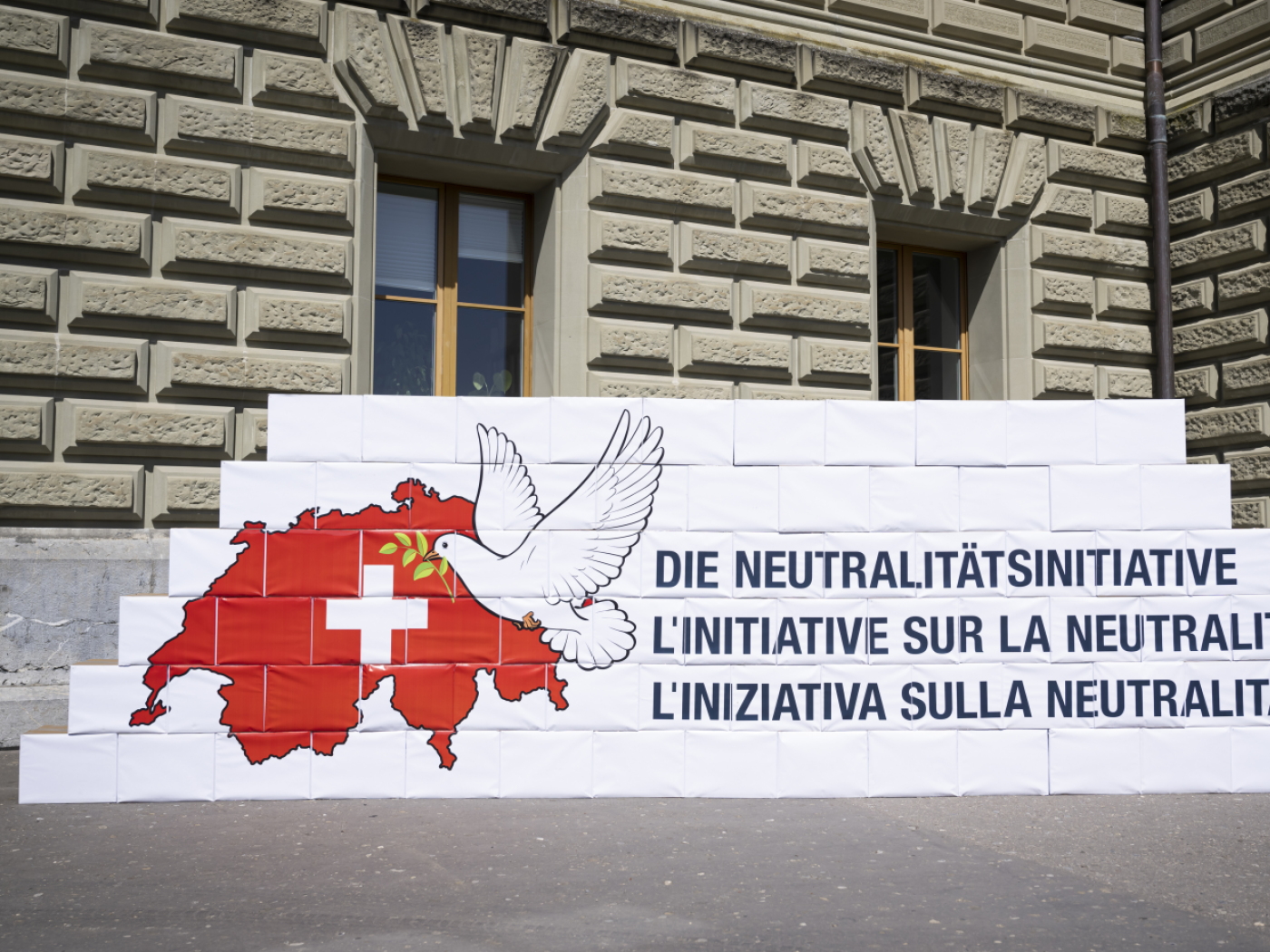
Rights groups demand an outspoken new high commissioner
In the last newsletter, I wrote about the search for a new United Nations Human Rights Commissioner, and warned you I’d be returning to this subject. Apologies to those who were hoping for something different this week, but the clock is ticking. Whoever gets the job has to be in place by the start of September, and as I write this, there is little clarity about who is most likely to succeed Michelle Bachelet, or even who the candidates are.
That is a source of frustration to human rights groups, who traditionally expect to be at least informally consulted by the UN Secretary General during the selection process. This time that doesn’t seem to be happening.
“There’s been no transparency so far, no consultation that I’m aware of,” says the executive director of Human Rights Watch, Ken Roth. “And the high commissioner post is the most important in the UN system for promoting human rights. You would think that if the UN secretary general wanted to appoint someone effective, he would consult with the leading human rights groups.”
“We are not being consulted,” adds Agnes Callamard, secretary general of Amnesty International. “There has not been any process that could meet the requirements of transparency and openness, but that is not going to silence us. We will provide our opinion whether or not it is being asked.”
Letter
Faced with this apparently deafening silence from New York, where UN Secretary General Antonio Guterres must now be considering various candidates, dozens of human rights groups got together and wrote him an open letter External linkhighlighting the qualities of “high moral standing and personal integrity”, …”competency and expertise in the field of human rights” they believe the new high commissioner must have.
Callamard and Roth both signed that letter, and this week they join me on Inside Geneva to talk in-depth about what they hope and expect from whoever is appointed.
It’s a wide-ranging discussion, highlighting not just the challenges of the human rights commissioner’s role, but also the possibilities, as human rights groups see them, to effectively promote and defend rights, and to hold abusive governments to account.

More
Inside Geneva: What do rights groups want from the UN?
Bachelet legacy
We began the programme by discussing Bachelet’s legacy. Given the dominant negative headlines recently over what is widely viewed as her disastrous visit to China, listeners may be surprised to hear that Roth and Callamard have some very positive things to say about Bachelet’s time in office.
Both drew attention to her focus on broad, sometimes called ‘thematic’ issues, such as inequality, climate change, poverty, and discrimination, pointing out that she has been vocal in support of the black lives matter movement.
Callamard reminds us that Bachelet was in charge during the Covid 19 pandemic, and threw her weight behind efforts to ensure fair distribution of vaccines and treatments, repeatedly drawing attention to the disparity between vaccination coverage in wealthy countries versus poorer ones.
But both Roth and Callamard also have grave reservations about her selectivity, “she stood up to the US on systemic racism, as she should have,” points out Callamard, “and completely failed to hold China to account.’
“China is a global super power. If you cannot stand up to China you may as well stop doing human rights work,” she adds.
Roth meanwhile describes her visit to China as “an utter failure”. He believes her experience as a former political leader (Bachelet was twice president of Chile) led her to believe she could have a closed door, quiet, diplomatic, but in the end effective conversation with Beijing about its human rights record.
“The truth is she has no clout, as high commissioner, other than her public voice and the ability to report publicly.”
Risks of speaking out
But the determination of human rights groups to have a high commissioner who is outspoken is not necessarily shared by all UN member states – and they after all are the ones who determine the UN’s strategy, its budget, and who gets the top UN jobs.
Over the years I’ve heard some disquiet from member states in the global south over what they see as finger pointing particular countries or global leaders.
There is particular irritation when naming and shaming comes from western diplomats whose own governments appear to do little to tackle those broader thematic rights like poverty or discrimination.
Some countries now argue that the UN Human Rights Council would do well to abandon the finger pointing, and focus instead on positive support – sometimes euphemistically called “technical assistance” – to countries struggling to improve their human rights standards.
While both Callamard and Roth agree that such technical assistance can sometimes have a role, both insist that the human rights commissioner’s right to speak out is essential. “Instead of assessing the risk of speaking out, think of the risk of not speaking out,” says Callamard.
Roth meanwhile dismisses the suggestion that speaking out may drive away countries who have problems with human rights but sincerely want to improve them. “That’s the Chinese government’s approach…just let every autocratic government do its thing and don’t bother them. It doesn’t work.”
“The High Commissioner has no aid budget, they have no army, they have no way to influence anybody, other than through their public reporting and their public voice.’”
Edge of the abyss
Meanwhile, a behind the scenes search for Bachelet’s successor continues. For whoever fills her shoes, it will be an enormously difficult, challenging role.
“I think the world is now on the edge of an abyss,’ warns Amnesty’s Callamard. “Whether it is climate change, inequality, Russia’s aggression against Ukraine, the food crisis”.
“The high commissioner will have to navigate this. To find a path away from the abyss and help us go there.”

In compliance with the JTI standards
More: SWI swissinfo.ch certified by the Journalism Trust Initiative





































You can find an overview of ongoing debates with our journalists here . Please join us!
If you want to start a conversation about a topic raised in this article or want to report factual errors, email us at english@swissinfo.ch.